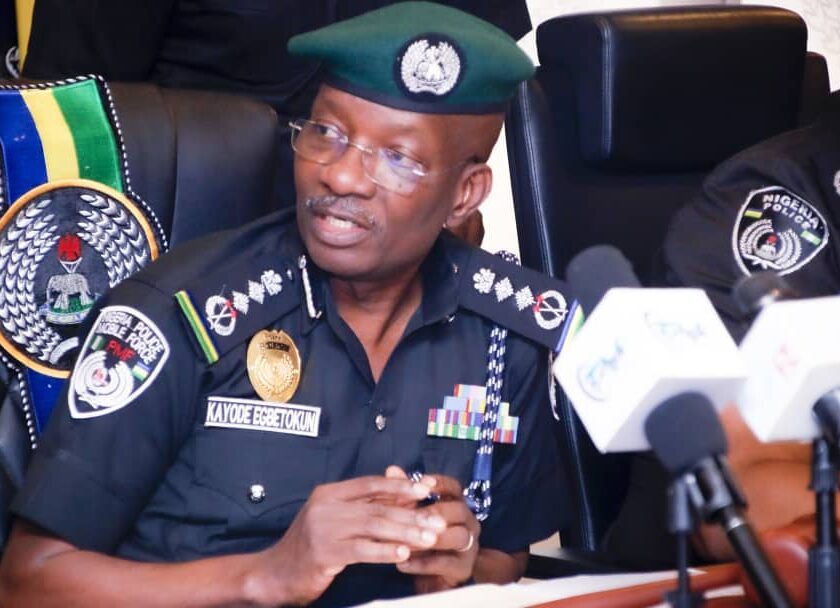Amidst the pervasive forlorn hope in the country, there is something to cheer about: the country has jumped 15 places on World Bank’s Ease of Doing Business Ranking.
To some, the positive report may not be a big deal, but considering the reputation of the bank as the one that often labels developing economies in Africa and Latin America as anti-reforms handed down by western institutions, it is something worth celebrating.
Back to the main issue: Now ranked 131 globally out of the 190 countries examined, a no mean feat in its own right, Nigeria, according to the Bretton Wood’s institution, is one of the top 20 Ease of Doing Business reformers across the world.
Simply put, the report says Nigeria is part of the top 10 reformers globally! How could one have thought good things can still come out of this Jerusalem ravaged by Boko Haram insurgency, farmer-herder clashes and almost on the verge of collapse arising from pernicious economic recession? But, hey, it is happening before our very eyes.
So far, Nigeria in the last two to three years has conducted reforms impacting six indicators, including making the enforcement of contracts easier, which placed 200million person economy among the world’s top improvers.
With the latest ranking, it means the business climate in Nigeria is becoming more open, self-regulating, transparent and seamless. All thanks to the Executive Order(EO1) decreeing Ease of Doing Business into existence facilitated by Vice President Yemi Osinbajo.
Specifically, it was President Buhari that started the PEBEC which is coordinating the ease of doing business reforms and asked VP to chair the council the Vice President while serving as Acting President in May 2017 signed the Executive Order legalizing Ease of Doing Business in the country. The order is meant to energize the promotion of transparency and efficiency in the business environment to enhance the ease of doing business in the country.
Among other things, the order contains far-reaching initiatives to be implemented by MDAs to ensure easier access to information, processes and documentation as well as promote efficiency in public service delivery. Based on reports, the EO1 recorded a performance score of 40% across its five main planks namely: transparency, one government, default approvals, entry experience of travellers and visitors and ports regulations.
As head of the defunct economic management team which has now been replaced by Economic Advisory Council, Osinbajo has never left anyone in doubt about the need for the Federal Government to initiate and implement reforms that are pro-business and thus make the economy an all-inclusive one with the sole objective of creating more wealth for more Nigerians.
All said and done, credit must, therefore, be given to President Muhammadu Buhari and Vice President Yemi Osinbajo for finding the creative ingenuity to invent the Executive Order which has now given the country the current global recognition.
More importantly, the duo deserves commendation for finding the fortitude amidst stern opposition and criticism and the right intellect to initiate policies and programs that are now the cynosure of global institutions like the World Bank. No wonder they say two good heads are better than one.
Abdullahi O Haruna Haruspice ,A public Analyst and Journalist writes from Abuja





